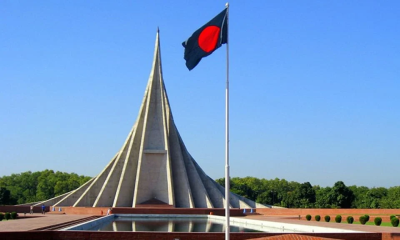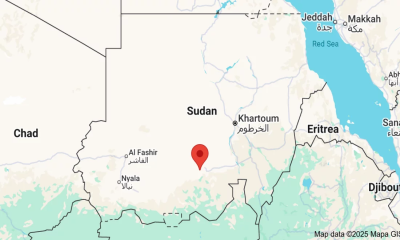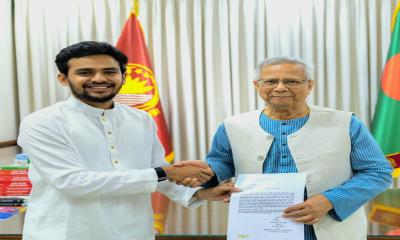Maulana Abdur Rashid Tarkabagish was a Bangladeshi politician and parliamentarian. He opposed what he considered to be the repressive mentality of the Nurul Amin government towards the Bengali Language Movement despite being a member of the treasury bench.
He was born on 27 November 1900 in the village of Tarutia situated in Ullapara of Sirajganj District.
At age 21, Tarkabagish was leading marchers in a non-violent protest for independence at the Salanga bazaar in the Raiganj Upazila, part of the Sirajganj District, when the crowd was fired upon, killing hundreds of people. The events of 27 January 1922 are now referred to as the Salanga massacre.
Tarkabagish joined the Muslim League in 1936. From the party he participated in the election and earned his place in the Bengal Legislative Assembly in 1937 and in 1946. At the budget session of the East Bengal Legislative Assembly on the 21 February 1952, Tarkabagish heavily criticized the killing of several protesters near Dhaka Medical College.
Tarkabagish asked the leader of the house, Nurul Amin, to formulate an inquiry and to visit to the wounded students before proceeding the session.
He protested the police firing on and killing of students on 21 February 1952, in the assembly. He also made his speech in Bengali to respect his mother tongue and martyrs of the language movement.
However, Nurul Amin refused the proposal and Tarkabagish walked out of the assembly and subsequently retired from Muslim League Parliamentary Party on February 23, 1952.
He was arrested on that day and kept in jail until June 1. Then he joined Awami Muslim League, now the Awami League, and was again elected a member of the assembly in 1954 from United Front. He was also elected as the member of the Constituent Assembly of Pakistan in 1956.
Tarkabagish was elected as the acting president of the Awami League in 1957, and then the president of the Awami League from 1964, a position in which he served till 1967.
After the independence of Bangladesh
Tarkabagish presided over at the first session of the Jatiya Sangsad of Bangladesh in 1972. He was again elected a member from Awami League in 1973.
After the assassinations of the Father of the Nation and then-President of Bangladesh Bangabandhu Sheikh Mujibur Rahman, Tarkabagish himself formed a party named Gano Azadi League in 1976.
During the regime of Ershad he played a role in the formation and activities of 15-party alliance that took part in the movement against Ershad. He played an important role as one of the leaders of the coalition in the movement against military rule of Hussein Mohammad Ershad. He was all along uncompromising towards fundamentalism and sectarianism.
Maulana Abdur Rashid Tarkabagish was honoured with the Independence Day Award (posthumously) by the Government of Bangladesh in 2000 during the reign of Awami League.




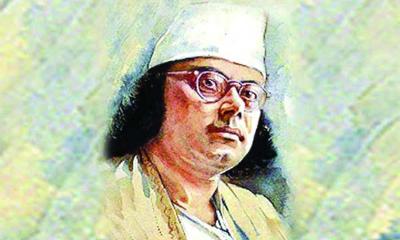
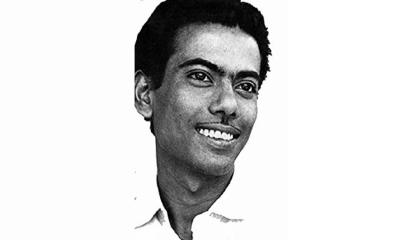
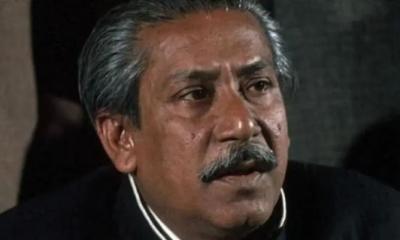
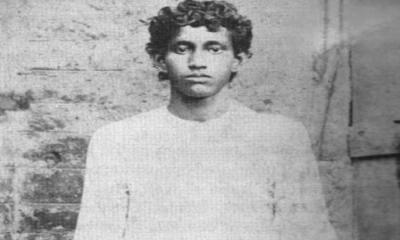
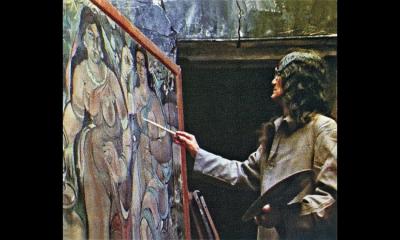




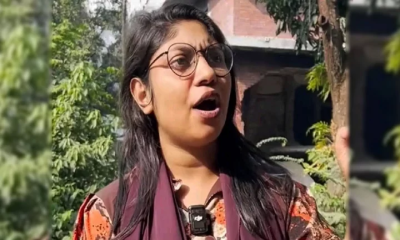


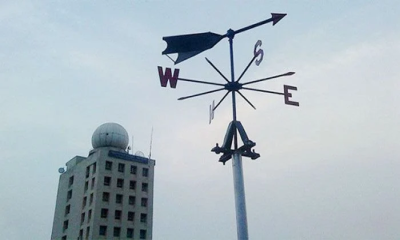




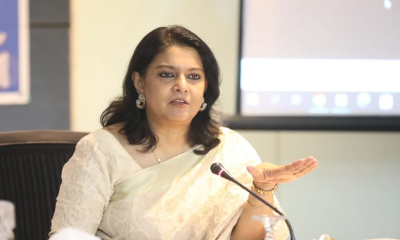

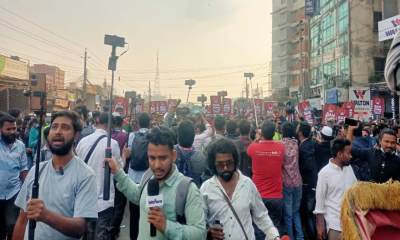
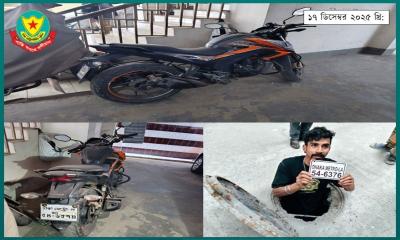
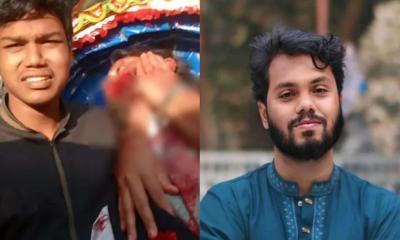

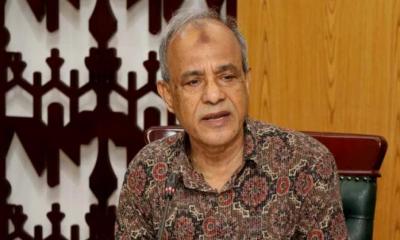
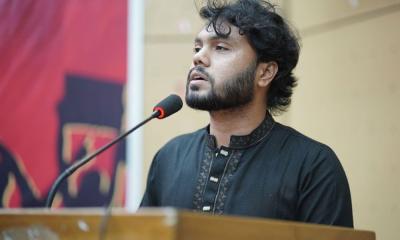
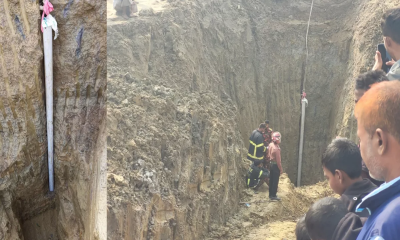




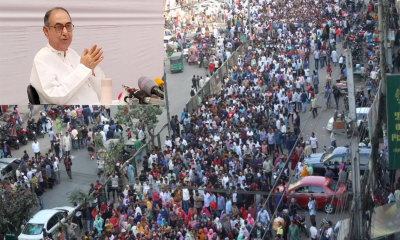
-20251216054240.jpeg)
